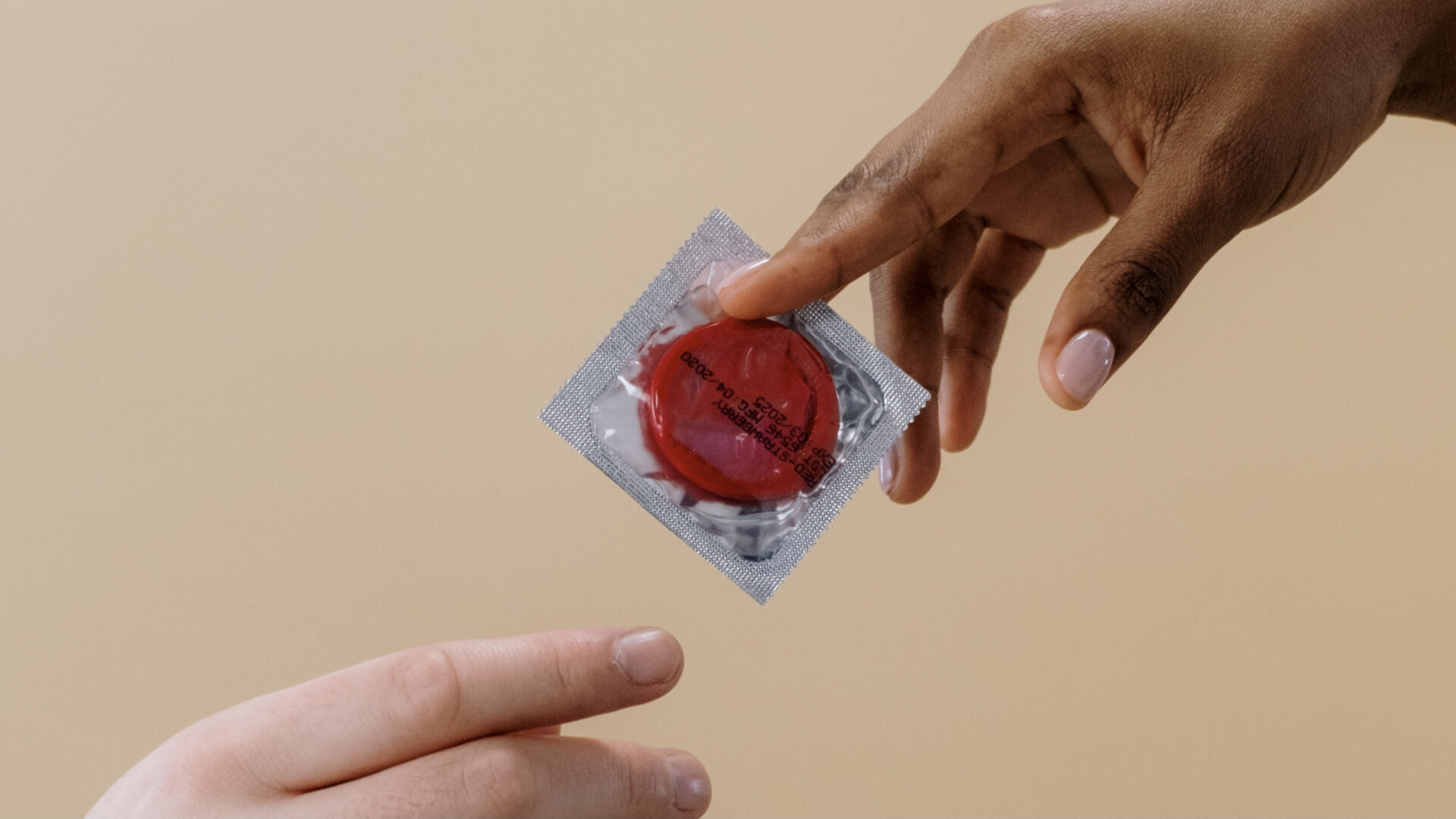
The Legal Implications behind STIs
TW: this following blog features content that may be triggering for some readers.
We each have a duty of care to look out for one another, especially when it comes to the health & well-being of our peers. But did you know you also have a legal duty when it comes to sexual health?
It used to be that if you had a sexually transmitted disease you had to tell your sexual partners. In 2017, the rules changed and now you have a legal duty to take reasonable precautions to prevent the spread of STIs instead. If you know you have a sexually transmitted disease and you engage in sexual activity without taking any precautions, then you could be committing a crime with the potential to land yourself a fine of up to $1,1000 or even jail time (now that’s a proper vibe kill…).
The STIs listed as notifiable diseases as part of this law include:
- Chlamydia
- Gonorrhoea
- Syphilis
- HIV
- Lymphogranuloma venereum (LGV)
- Hepatitis B
So what are reasonable precautions?
- Always practice safe sex when having vaginal, anal, or oral sex by:
- Using barrier protection such as a male or female condom and/or dental dam,
- Using water-based lubricant and,
- Being regularly tested for STIs.
- Taking a prescribed antibiotic course for bacterial STIs
- Taking treatment for HIV to reduce viral load
- Taking HIV pre-exposure prophylaxis if engaging in sexual activity with an HIV-positive partner
Serious STIs have also been determined by the courts as inflicting ‘grievous bodily harm’. This is defined in the Crimes Act as ‘any permanent or serious disfiguring of a person’ and ‘any grievous bodily disease’.
in 2017, a man was found guilty and sentenced to 5 years imprisonment by the High Court of Australia when it was determined that he had infected another individual with HIV. The circumstances of this act were within the meaning of inflicting ‘grievous bodily harm’ which includes inflicting serious psychological or physical illness onto someone.
The purpose behind this information is not to scare you but rather to make you aware of the serious implications if you are not practicing safe sex. The best practice is to always use protection and regularly test for STIs.
You can grab free condoms from the Advocacy & Welfare office on campus, and the UNE Medical Centre offers bulk-billed STI testing for UNE Students. Testing is discrete and you don’t have to tell anyone, other than the healthcare professional you are visiting.
Stay safe!
The team at Advocacy and Welfare offers confidential support to students! Contact them here.
Student Success also has confidential counseling for students, you can find them here.
Lifeline also has a 24/7 hotline and you can call them on 13 11 14.


